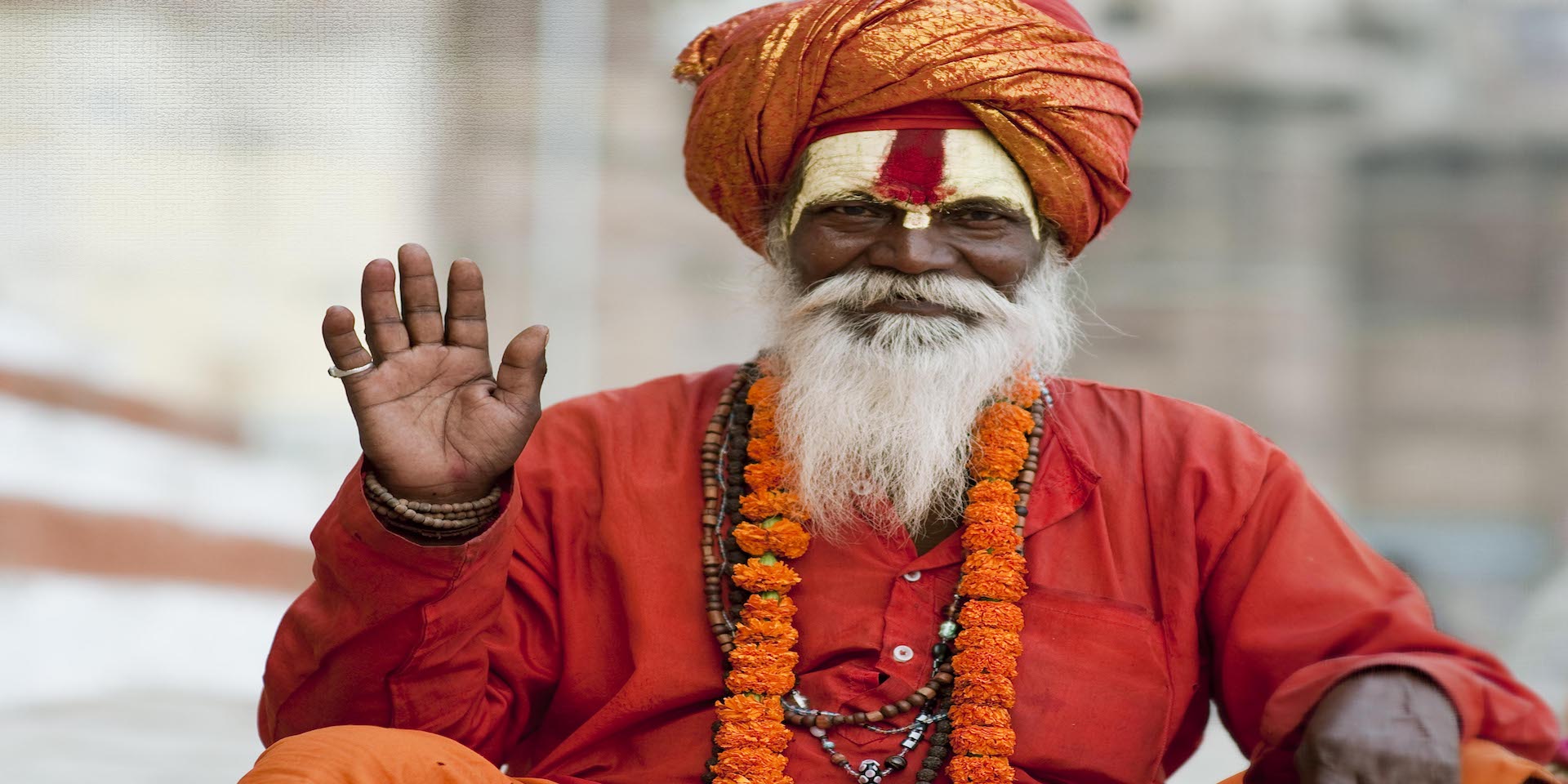In view of the current frozen-baba fiasco, the gullibility of Indian mass has once again come to the fore. The episode underscores Indian people’s everlasting romance with superfluous spirituality and a lethargic administration’s pathetic failure in taking a firm standing.
Indian newspapers have always dedicated a good amount of news prints for the so called Spiritual gurus. In the recent months, some of them have even made to the international media as well. But this frozen baba controversy seems to overshadow all the previous guru-incidents in terms of drama. In fact it packs so much punch that it can well be the inspiration for the next Bollywood blockbuster or a 12-year long soap opera.
In a true it-happens-only-in-India kind of melodrama, the dead body of this self-styled godman, Asutosh Maharaj has been kept in frozen state for as long as 11 months. When he founded this Jalandhar-based Divya Jyoti Jagriti Sansthan (DJJS) sect or when he was slowly spinning out this multi-million dollar empire over his decades-long religious career, little did he imagine that one day his mortal remains would be held hostage in the safe confine of a deep freezer inside his own ashram by a regiment of his own disciples! The guru was declared “clinically dead” by the doctors back in January. In a bold defiance of the law and tradition, the ashram inmates have simply refused to part with their guru’s body. A theory of imminent resurrection was upheld to avoid cremation.
The controversy further escalated with the surfacing of a son, hinting at a bigger conspiracy masterminded by the people with top-level connections. A former aide and driver of Asutosh Maharaj also alleged murder. Given that the property value of the godman running in crores, the conspiracy claims hardly surprise anybody.
Just think about it! A dead body is kept in a frozen state for past eleven months, speculations are brewing, the ashram is under media scanner for months, ashram inmates are openly fortifying the ashram in anticipation of a possible clash with the administration. The government officials are barred from entering the ashram premises. And even then, the government continues to provide expensive security cover to the Nurmahal Ashram, where the dead body is kept.
Well, I am not here to narrate a whodunit story or find out who is telling the truth. The question that seems to baffle every sane Indian is: how and why could the government drag the episode thus far? The incident has exposed the state’s callousness in dealing with the issues having roots in religious organizations and the men behind them. With the sensational Rampal incident, the entire nation has come to know about the existence of the parallel power centers called “deras” across Punjab and Haryana. Again, most of these organizations enjoy Z or Z Plus level of security.
Given the current stalemate, there is no denying of the fact that the ruling SAD-BJP alliance has become a mere pawn at the hands of a few spiritual gurus that command enormous influence over a commendable section of the population. In frozen baba controversy, it ultimately amounts to the vote bank consisting of hundreds and thousands of followers, a majority of whom belong to Dalits and other similar castes.
Under this circumstance, the Punjab Government acted quite predictably. Fearing the loss of Dalit votes, the government chose not to take any action and allowed the impasse to continue.
Punjab Government has reportedly wasted crores of taxpayers’ money in providing Z Plus security cover to the frozen deadbody at Nurmahal. No spokesperson from SAD (Badal) or BJP has offered any explanation. As the HC deadline for cremation nears, the nation is waiting with batted breath to see what happens next? Is a Rampal-like incidence imminent? Is yet another multi-crores encounter on the card?
In a digital India, there are only few buyers of the story of a dead man coming back. Still, such bizarre practices take place only because of the strong political backing. Government should be more respectful of the principle of separation of religion and politics. Mission to Mars represents a developing nation’s unbridled aspirations. An attempt at breaking the notorious nexus between electoral politics and religion can go a long way to reinforce India’s brand image among the international communities.

